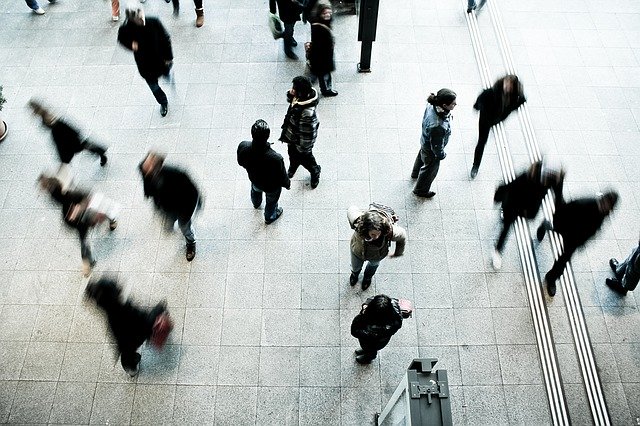
The impact of coronavirus on global mobility and migration flows is unprecedented. Countries across the globe have implemented coronavirus-related restrictions and border shutdowns, and migration within countries, for work reasons, has also been curtailed. Agents such as the UN United Nations have recognized that migrants, alongside asylum seekers and refugees, are a group particularly vulnerable to the effects of COVID-19.
In this light, the specific effects of COVID-19 on migration need much closer attention. To address it, this project will examine how existing migration policy and regulation in countries is being affected by COVID-19 and what are the effects on workers. The project will develop a network of experts from WUN institutions in three countries – the UK, China, and Australia. The chosen diverse cases offer an opportunity to investigate the impact of a single common crisis on three migratory systems sharing some structural similarities, as well as national particularities: the internal migration in China, international temporary labour migration to Australia and the hybrid migration regime of the UK in the context of Brexit.
All three countries have existing regulatory systems in place towards migration, and importantly, all of these were in transition prior to the COVID-19 crisis. In Australia, temporary migrant worker schemes, established by government have grown, creating concerns over the creation of precariat labour force deprived of citizenship rights. In the UK, EU freedom of movement rules are still in place at least until the end of 2020, but the post-Brexit regulation of migration looks set to involve significant change. In China, the long-established hukou system of internal migration has been loosened over recent years especially for Tier 3 and Tier 2 cities allowing greater social inclusion of internal migrants.
The project will explore how these migrations systems in transition evolve as a result of the COVID-19 crisis. The project team will engage with main stakeholders that shape the migration process in the current context: employers’ representatives, think tanks, migrant advisory groups, policymakers, practitioners and migrant workers themselves.
See this news article for an interview with the Principal Investigator.
Selected outcomes
- An online workshop, held in August 2020.
- Funding – Economic and Social Research Council, UK, Labour Mobility in Transition: A Multi-Actor Study of the Reregulation of Migrant Work in Low Skilled Sectors (Limits), September 2021-September 2024, £950,000, Labour mobility in transition: a multi-actor study of the re-regulation of migrant work in ‘low-skilled’ sectors (LIMITS) | Centres and institutes | University of Leeds
- Conference presentations – Presentation at the Work, Employment and Society conference, Online, August 2021. Forde C, Ciupijus Z, Caspersz, D., Renata, D.. Li, S., Mas Giralt, R, Shi, J., Guo, G. Li, Y. Jiang, Y (2021) ‘The experience of migrants in a risk society: ‘Changing Migration regimes during COVID-19 and the impacts on migrants’.
- Presentation at the Industrial Relations in Europe Conference, September 16th, 2021 Palazzo Strozzi, Florence. Ciupijus, Z., Forde., C., Shi, J., Mas Giralt., R. and Li, S (2021) What happens when a changing migration infrastructure meets COVID-19 pandemic: the analysis of migrant workforce dynamics in the UK healthcare sector’.
- Presentation at the AIRAANZ Conference, 2022, University of Sydney, 9-11 February 2022, Casperz, D. Casado, R. Forde, C. and Ciupijus, Z (2022) ‘Covid-19 and the experience of work of temporary labour migrants’.
- Blog – February 2022 Forde, C., Ciupijus, Z. and Shi, J. (2022) ‘Migration systems in transition: is changing regulation of migration increasing risks for migrants’, Leeds University Business School, Migration systems in transition: is changing regulation during the pandemic increasing risks for migrants? | Blog | Centres and institutes | University of Leeds.
- Paper “The UK National Health Service’s migration infrastructure in times of Brexit and COVID-19: Disjunctures, continuities and innovations” published in International Migration.